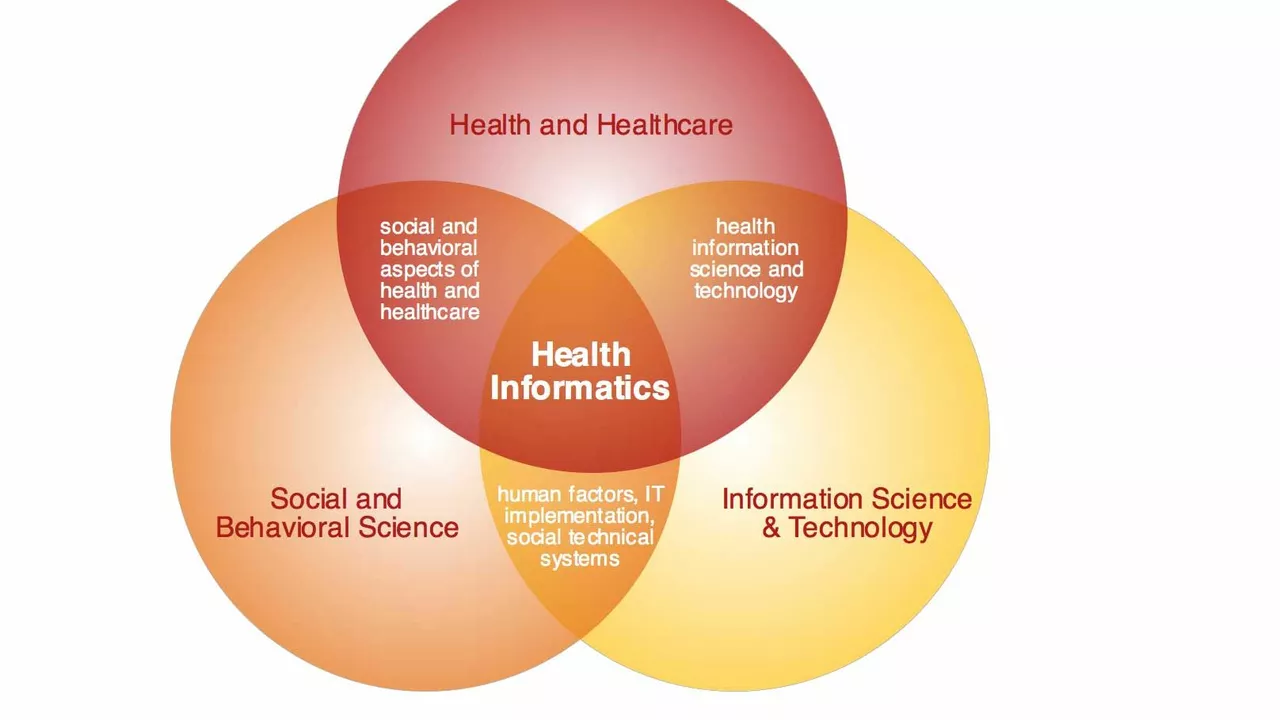Paid healthcare: how to afford and navigate medical costs
Ever opened a medical bill and felt your heart skip a beat? You're not alone. Paid healthcare means you cover some or all medical costs yourself, whether through insurance premiums, co-pays, or paying directly. This page collects practical tips and clear steps so you stop guessing and start saving.
What paid healthcare looks like
Paid care can be simple or messy. With good insurance you pay monthly premiums and smaller fees when you use services. Without insurance you pay the full price. Many countries use mixes of public programs and private plans. Knowing which category you fall into is the first step to control costs.
Think in three parts: coverage (what your plan pays), access (which doctors and hospitals are in-network) and out-of-pocket limits (how much you must pay before the plan helps more). Keep those three in mind when choosing a plan or a hospital.
Practical moves to lower your bills
Start with insurance basics. Read your policy, check the network, and write down your deductible and out-of-pocket max. Use in-network doctors whenever possible; out-of-network care can cost a lot more. If you don’t have insurance, compare marketplace plans, employer offers, or government programs like Medicaid in the U.S. or state health schemes in other countries.
For everyday savings: choose generic drugs, use local clinics or telehealth for minor problems, and go to urgent care instead of the ER for non-emergencies. Ask your pharmacist about cheaper alternatives and price matching. Before any procedure, ask for a cost estimate and compare hospital prices if you can.
When a bill lands, don’t panic—call the billing office. Ask for an itemized bill and check for mistakes. Many bills have duplicate charges or wrong dates. If the cost is still too high, ask about payment plans, sliding-scale fees, or financial assistance programs hospitals offer. You can often negotiate discounts, especially if you pay a chunk upfront.
Appeal denied claims. If your insurer rejects a claim, file an appeal with evidence from your doctor. Keep records: dates, names, and copies of every document. If you hit a wall, consumer protection offices or patient advocates at the hospital can help.
Plan for major expenses. If you have a chronic condition, look for programs that cap costs or provide subsidized meds. Preventive care saves money long-term—vaccines, screenings, and regular checkups can catch issues early and cheaper to treat.
Final quick checklist: know your plan details, use in-network services, ask for price estimates, request itemized bills, and negotiate or apply for help if needed. Paid healthcare is stressful, but small, steady actions make a big difference. Start with one step today.
Should healthcare systems be free or paid?
Posted by Finnegan Beckett On 28 Jul, 2023 Comments (0)

Hey folks! Tackling the old chestnut today - should healthcare be a freebie or a pay-as-you-go affair? Well, it's not as simple as buying a cup of joe! Free healthcare sounds like a winner, right? But wait, who'll pay the doctors, buy the bandages, and keep the lights on? On the flip side, paid healthcare allows for better quality control, but could leave some folks out in the cold. So, it's a bit like choosing between a double espresso or a decaf - there's no one-size-fits-all solution!




